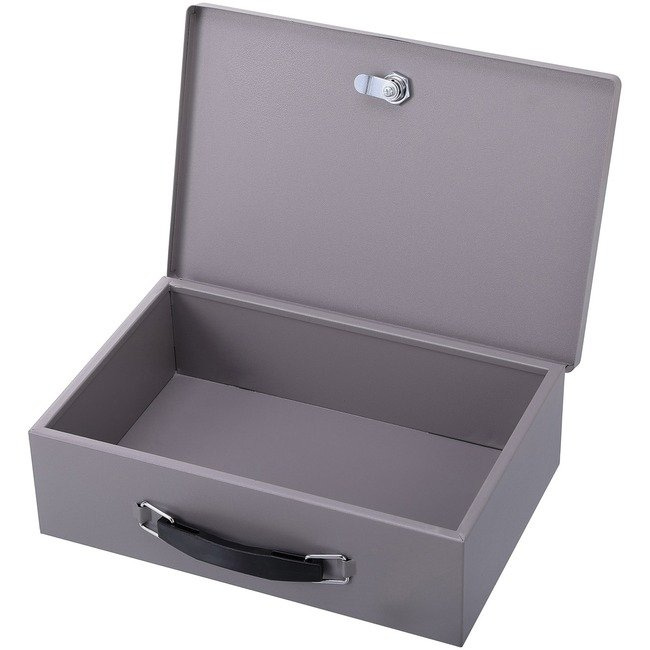It sat on the counter, opposite the kitchen table, flush against the wall. It had the dimensions of a shoe box, but half as deep. My father emptied his tips into it five nights a week. Brimming with ones, fives, tens, and usually a couple of twenties accompanied by an avalanche of coins. I would slip my hand into the gray box, when no one was looking, and help myself to a dime. That was enough for an ice cream sandwich or an orange drink on my way home from grammar school. I figured he didn’t count the small stuff.
As I learned when I waited table, you keep a rough tally in your head as your shift progresses. Once home, you reconcile with the real total, always hoping that you erred in the right direction. Occasionally, you’ll find a wayward bill that escaped capture in the deepest corner of your pocket.
Not that I could hold a candle to my dad. I was a 26 yr. old actor, just trying to make rent. He was a professional with regular customers who demanded to be seated in his section. He greeted them by name, always returned with a “Hi, Joe.” He knew exactly what they drank and what they liked to eat. He tipped the cooks and the busboys generously. That got him his orders quickly and his tables cleared briskly. It paid off with an extra two or three parties by the end of the night.
Hands in his pockets, grasping his spoils, he guardedly endured the twenty-minute bus ride from downtown San Francisco, arriving home at roughly ten o’clock. He immediately reached the gray box. Sometimes I heard the coins cascading against the metal. It represented adulthood. The earned reward of a job well done.
When it became full it was evacuated by my mom. Two, sometimes three times a week she deposited the money at the Bank of America which was originally the Bank of Italy.
Because of the genuinely progressive tax system in the 60’s, the middle and lower classes had more money for mortgage payments, rent, food, gas, and health care, all which were far more affordable than today. The richest individuals were in the 91% tax bracket, practically forbidden to afford their own personal space programs.
This helped my parents save. They bought a house. A few years later, mortgage rates declined, and the house next door was for sale. Using an equity loan to fund the down payment, they bought it and rented it out to cover the mortgage payments. A few years later they purchased yet another house across the street. This seems unattainable today.
Twenty-six years since they had moved into their first house, they cashed out the now four houses and moved to the suburbs. They purchased a large home in the hills with a great view of the airport and the bay plus a five-unit apartment building. The rents from that building funded their retirement.
Mind you, had it been up to my father, all that money would have languished in a savings account. Lucky for him, his wife was more than the mother of his five children. She was a shrewd businesswoman who worked hard, contributing income by vacuuming and brightening up the common areas of other apartment structures in the city. There was no quit in that woman, no idle moments. She made sure every angle was covered, every opportunity fulfilled.
We all grew up to be hard workers, trying to live up to our parents’ ideals. My dad passed at 71, my mom at 91. They left behind quite a legacy for a couple of kids who emigrated from war torn Italy at age 18. This is what America represents to the world, a chance. People get here anyway they can, and they work like hell to stay. The day we stop welcoming them is the day we can no longer be great again.



Great Stories